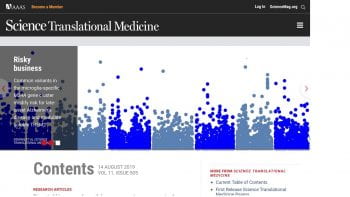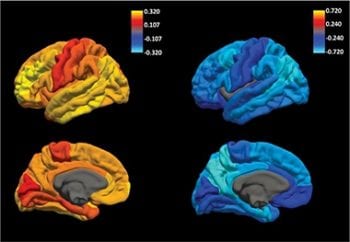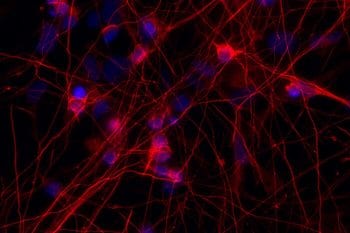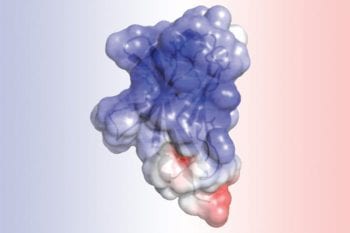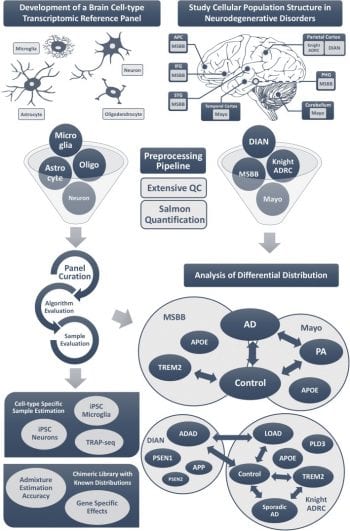Drs. Harari, Benitez, Karch and Cruchaga leveraged biospecimens obtained from large and well-characterized human cohorts to identify a novel protective gene for Alzheimer disease, MS4A4A, that is also the major regulator of TREM2. This study provides a strong evidence of a biological link between TREM2 and MS4A4A in microglia in the context of AD. However, […]
MS4A4A is the major regulator of TREM2 levels
